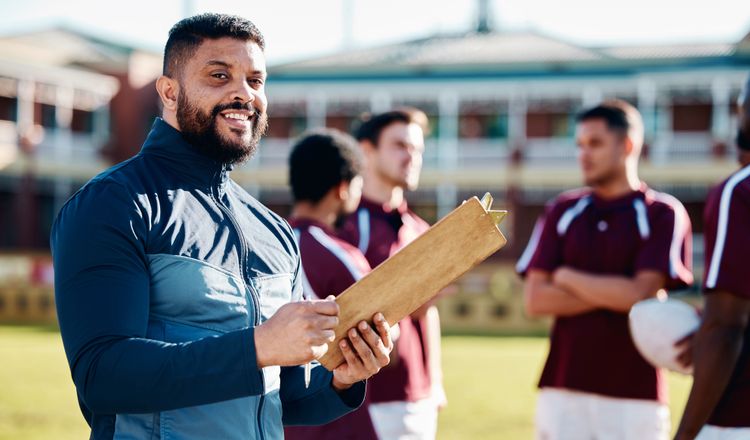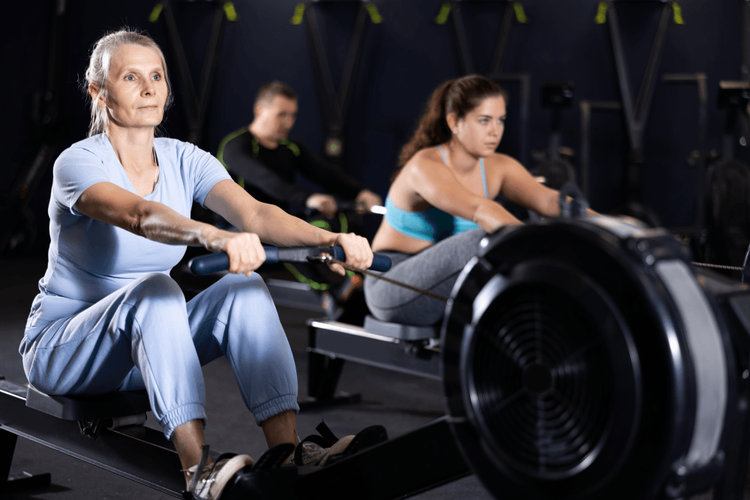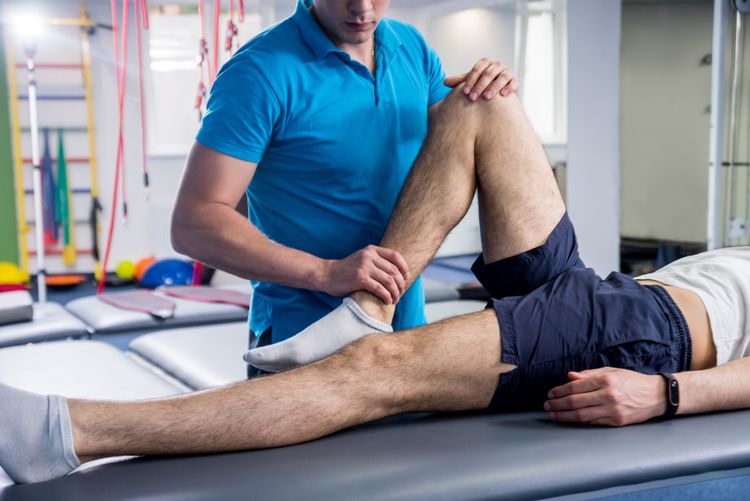


Sectors where the benefits of S&C and professionalism of our members is recognised
While the roots and future of S&C are firmly set within the world of high-performance sport, there is now widespread recognition that the whole population can benefit from strength and conditioning.
The UK has witnessed a significant upsurge in the recognition and utilisation of S&C Coaches across various sectors in recent years.
While the role of S&C professionals continues to grow in prominence in the UK, our members are committed to staying abreast of the latest research, adapting to evolving training methodologies and navigating the unique demands of different participants.

There are around 1,000 high performance sport jobs spanning a range of organisations operating right across the UK – from National Governing Bodies of sport, to the Home Nation Institutes of Sport and professional clubs and teams.
Typically, a role in high performance sport will involve working in a multi-disciplinary team alongside other professionals such as sports coaches, doctors, physiotherapists, nutritionists, psychologists and sports scientists.
Examples of jobs in this sector:

Similar to the evolution and funding of S&C in adult populations, school S&C provision began with support for the first teams in private schools and elite youth pathways in professional sports.
Today in the youth sector, the demand for S&C has broadened and deepened, with more jobs available in non-elite sport, in the state school system and also not just in sport, but also general PE and specialist health programmes such as those looking to help overweight/inactive children become more active and healthy.
Examples of jobs in this sector:

Jobs in research tend to be based in the University sector, and it is also likely they will involve an element of lecturing and educating students too.
Outside of the University sector, our members work in areas such as private education companies and national governing bodies of sport delivering S&C Trainer courses, educational workshops and seminars. They may be working in education full-time, or as a part-time role alongside their job delivering S&C to athletes.
Examples of jobs in this sector:

The health and fitness industry and in particular personal training are now looking to integrate more aspects of S&C into their work.
Principles such as coaching quality human movement, injury prevention, development of strength and programming for specific needs are being recognised as beneficial, not just for athletes, but for the whole population. The demand for the skills and knowledge of S&C Trainers in particular is increasing in this sector, providing more work opportunities for S&C professionals.
Examples of jobs in this sector:

In high performance sport an understanding of common injury patterns and the mechanisms of injury is a core element of S&C knowledge. The skills required to get people stronger, move better and maintain fitness levels, are also successfully applied through the rehabilitation process.
Outside of high performance sport, S&C Coaches can be seen working alongside others, such as physiotherapists in private practice to rehabilitate recreational athletes and the general population following injury or surgery. Physiotherapists, osteopaths and chiropractors are also UKSCA members, as they seek to upskill in this area.
Examples of jobs in this sector:

UKSCA works with police, fire and military physical training instructors (PTIs) to transfer the latest S&C knowledge and skills to their practice.
Operational performance is a growing area of expertise in the S&C profession, as there is increased recognition of where S&C coaching can help fire, police and military perform the physical aspects of their jobs better, as well as remain injury free and extend their careers.
Examples of jobs in this sector: